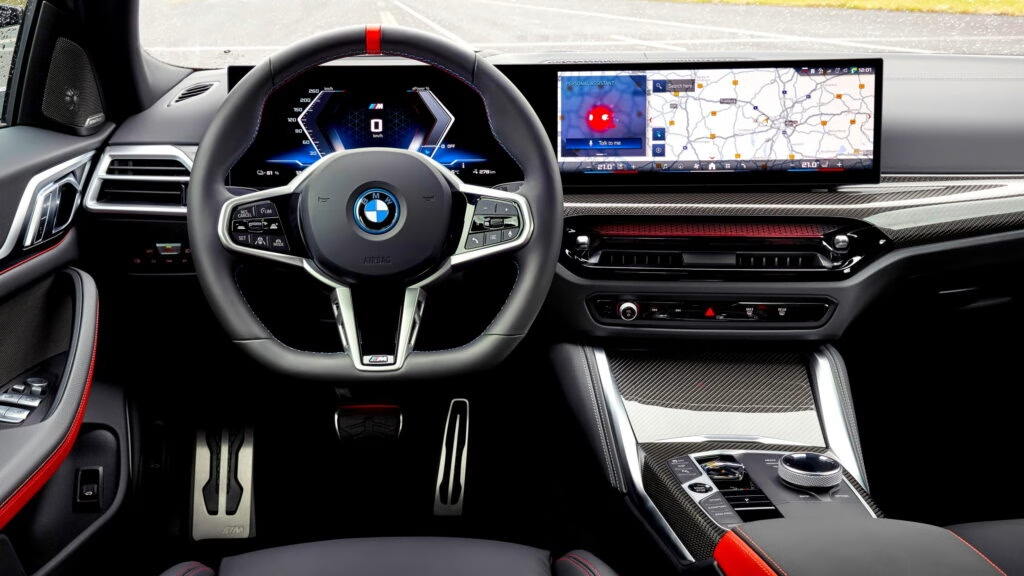Did That EV Battery Study Really Say You Should Drive Fast? Here’s What the Science (and Experts) Actually Mean
Why Are People Suddenly Debating How to Drive Their EVs?
If you’ve spent any time in EV forums lately, you’ve probably seen heated arguments about how to treat your car’s battery. Should you baby it with gentle driving, or is the occasional pedal-to-the-metal blast actually good for longevity? This debate kicked off after a recent scientific study suggested that ‘dynamic discharging’—basically, fluctuating power demands—could help batteries last longer. Cue the internet rumor mill: some folks took this to mean that driving fast is the secret to a healthy battery. But is that really what the science says?
What Did the ‘Dynamic Discharging’ Study Actually Find?
Let’s clear the air. The study, published in the journal Nature, compared two types of battery use: the steady, constant-current cycles you’d find in a lab, and the more varied, real-world driving patterns of actual EV owners. The researchers found that batteries tested with constant, gentle cycles actually aged faster than those exposed to the ups and downs of everyday driving. Sounds counterintuitive, right? But here’s the twist: ‘dynamic’ doesn’t mean ‘aggressive.’ It just means the battery isn’t always being used in the exact same way—sometimes you accelerate, sometimes you coast, sometimes you’re stuck in traffic.
So, Does Spirited Driving Help or Hurt Your EV Battery?
This is where things get interesting. Some enthusiasts jumped to the conclusion that regular hard driving—think flooring it at every green light—would extend battery life. But battery experts, like those at Aviloo, say that’s a misread. Their field tests of over 400 identical EVs showed that sporty driving actually guarantees faster battery degradation. Why? Because driving hard burns more energy, which means more frequent charging cycles and more stress on the battery cells. Over time, that adds up.
Nikolaus Mayerhofer from Aviloo put it simply: drive efficiently, and you’ll save about 10% of your battery’s energy over its lifetime. To put numbers on it, 100,000 km of gentle driving puts the same wear on your battery as 110,000 km of aggressive driving. That’s not nothing.
How Can You Actually Make Your EV Battery Last Longer?
If you’re hoping to avoid a pricey battery replacement, the advice from experts remains pretty consistent. Here’s what really matters:
– Drive smoothly and avoid jackrabbit starts whenever possible.
– Don’t fast-charge unless you really need to; slower charging is gentler on the battery.
– Try not to charge above 80% unless you’re heading out on a long trip.
– Avoid leaving your car parked for long periods with a full battery.
These habits are backed by both lab research and real-world data. For example, a recent German study tracked a VW ID.3 over 107,000 miles. Despite the owner often charging to 100% and leaving it parked fully charged, the car lost only 8 miles of range in four years. So, while best practices help, modern batteries are surprisingly resilient.
Is It Really That Bad to Occasionally Drive Hard?
Let’s be honest: nobody buys an EV like a BMW i4 M50 just to crawl around town. The occasional burst of acceleration isn’t going to ruin your battery overnight. The real issue is making aggressive driving your default. It’s a bit like eating cake—fine as a treat, but maybe not for breakfast, lunch, and dinner.
The Big Takeaway for EV Owners
The big takeaway? Maximizing your EV battery’s life isn’t about perfection—it’s about smarter adjustments. Start with one change this week, and you’ll likely spot the difference by month’s end. Drive with a little more care, charge thoughtfully, and don’t sweat the occasional joy ride. Your battery (and your wallet) will thank you.

